Cooking and Baking 101
Learn the basics of cooking and baking online!
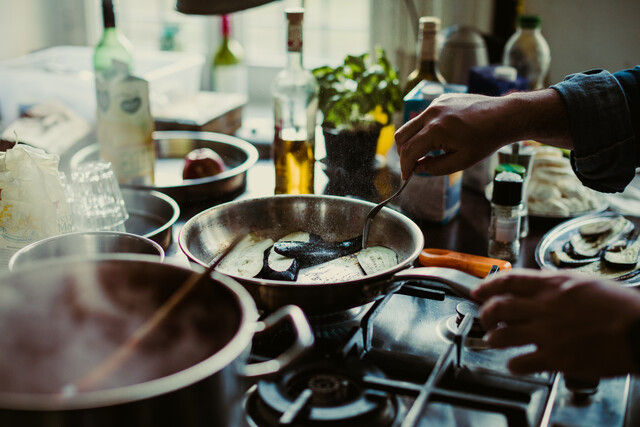
11 Hours average completion time
1.1 CEUs
11 Lessons
38 Exams & Assignments
830 Discussions
22 Videos
22 Reference Files
107 Articles
Mobile Friendly
Last Updated December 2025
Food is a universal language, and the act of preparing it--be it cooking or baking--is an art form that many wish to master. Yet, entering the kitchen isn't always as intuitive as one might expect. While it's a space brimming with potential, it's also a domain where skill, knowledge, and passion intersect.
While many of us have fond memories of watching a family member whip up a favorite dish or bake cookies during the holidays, these passive experiences don't automatically translate into proficiency. A recent survey indicated that having an active mentor or guide in the kitchen significantly boosts one's culinary confidence and skills. But what if you weren't fortunate enough to have such guidance? Or perhaps the fast-paced nature of modern life kept you from exploring this realm further?
Fear not, for culinary prowess isn't a gift bestowed at birth--it's an acquired skill, and with the right guidance, anyone can harness it.
Our Course's Essence
Designed for novices and those looking to refine their culinary techniques, this course promises a holistic journey. From understanding the foundational differences between cooking and baking to mastering the art of meal planning, we've curated a syllabus that ensures a well-rounded culinary education.
Course Highlights:
-
Cooking vs. Baking: A Brief Overview
- Dive deep into the nuances between these two art forms. Understand the science and aesthetics that define each.
-
Kitchen Equipment:
- Familiarize yourself with essential tools and gadgets. From the humble chef's knife to specialized bakeware, we'll explore the instruments that make a kitchen functional.
-
Cooking Terms:
- Decode the culinary lingo. Terms like 'braise', 'sauté', or 'julienne' will no longer be enigmatic.
-
Baking Terms:
- Grasp the language of baking. Understand what it truly means to 'fold', 'cream', or 'proof' in the baking context.
-
Fresh Ingredients:
- Appreciate the role of fresh produce and ingredients. Learn to select, store, and utilize them to maximize flavors.
-
Pantry Essentials:
- Stocking your pantry wisely can be a game-changer. Discover the staples that can help you whip up meals on the fly.
-
Using Cooking Recipes:
- Unravel the anatomy of a recipe. Learn to read, interpret, and adapt cooking recipes to suit your preferences.
-
Using Baking Recipes:
- Baking is as much science as it is art. Dive into the precision required in baking recipes and the magic they can create.
-
Expanding Recipes:
- Enhance your culinary repertoire by learning how to modify and expand existing recipes. Add your unique twist to traditional dishes.
-
Meal Planning:
- Organize and plan meals efficiently. Whether it's for a busy weekday or a special gathering, become adept at designing balanced, delectable menus.
- Safety in the Kitchen:
- Safety is paramount. Equip yourself with best practices to ensure a safe cooking and baking environment.
Why Enroll?
Culinary skills are not just about feeding oneself; they're about nourishing souls, building connections, and creating memories. Our course isn't just a set of lessons; it's a journey into the world of flavors, textures, and aromas. Whether you aspire to be a home chef, want to impress friends, or simply wish to enjoy the therapeutic act of cooking and baking, this course will serve as your comprehensive guide.
Join us, and let's transform your kitchen into a canvas where delicious masterpieces come to life!
- Harness fresh and local produce
- Understand essential kitchen equipment
- Utilize pantry essentials strategically
- Plan balanced and efficient meals
- Master basic cooking and baking techniques
- Appreciate food's role in cultural connections
- Foster culinary creativity and resourcefulness
- Maintain a safe cooking environment
- Interpret and adapt recipes effectively
-

Weight Training
-
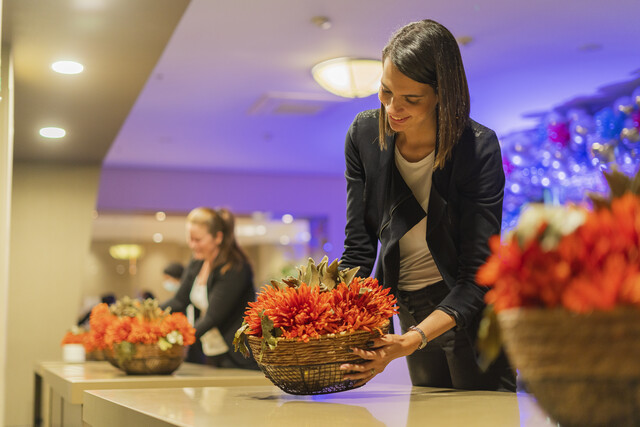
Event Planning 101
-

Image Consultant
-

Wedding Planning 101
-

Party Planning 101
-

Healing Affirmations
-

Life on Your Terms: Awaken Your Inner Coach
-

Etiquette for Children and Teens
-

Life Coaching 101
-
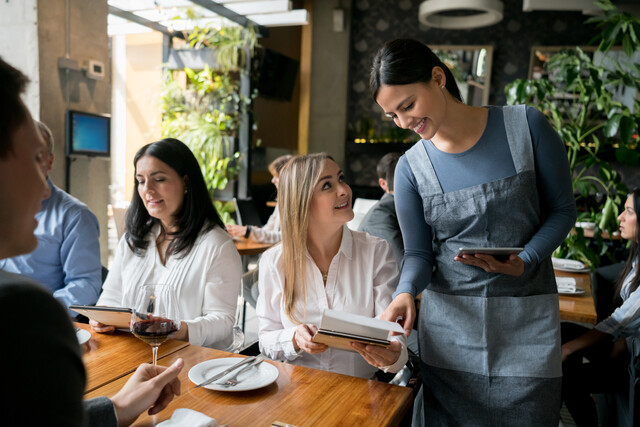
The Professional Waiter: Learn Elite Table Service
-
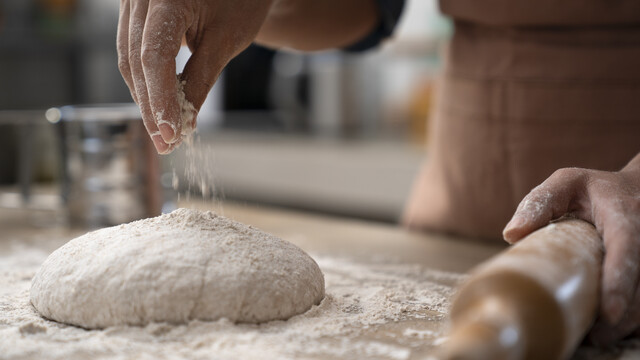
Beyond the Crust: The Heart and Soul of Bread Baking
-

Etiquette Consultant
-
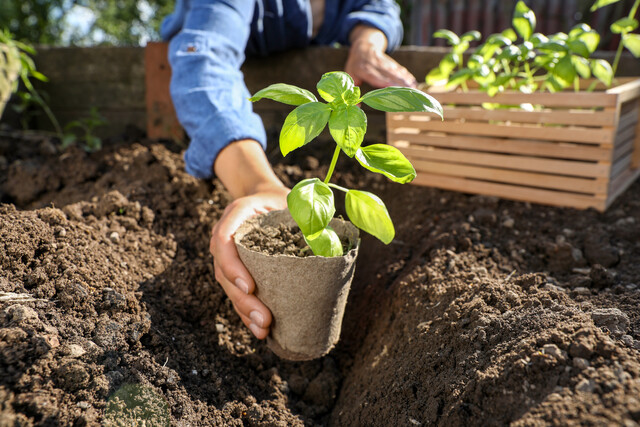
Introduction to Gardening
-

Watercolor Painting
-
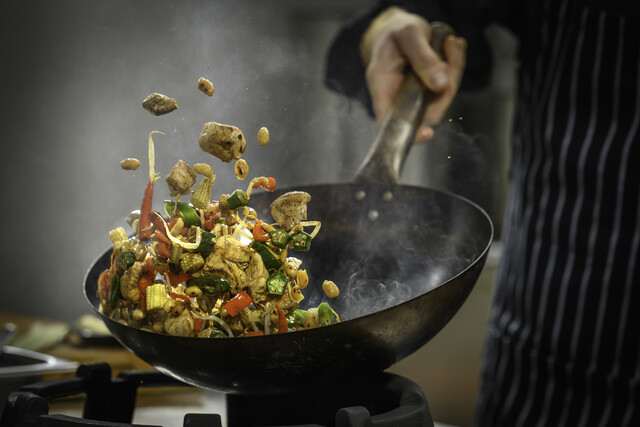
Cooking Class Bundle: 5 Cooking Courses
-

Landscaping 101
-

Career Coaching
-
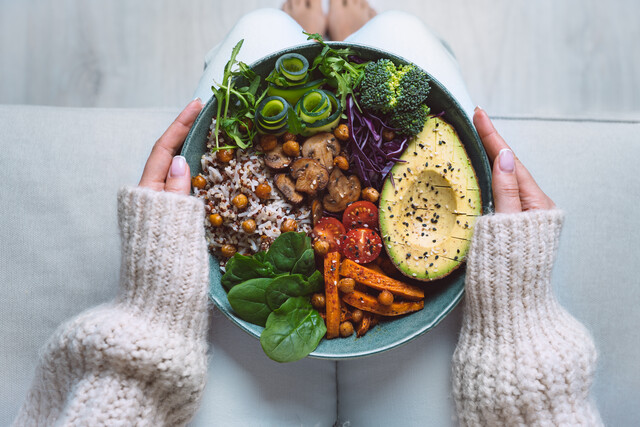
Vegetarian Living: Discover the World Beyond Meat
-

Event Management Course Bundle
-
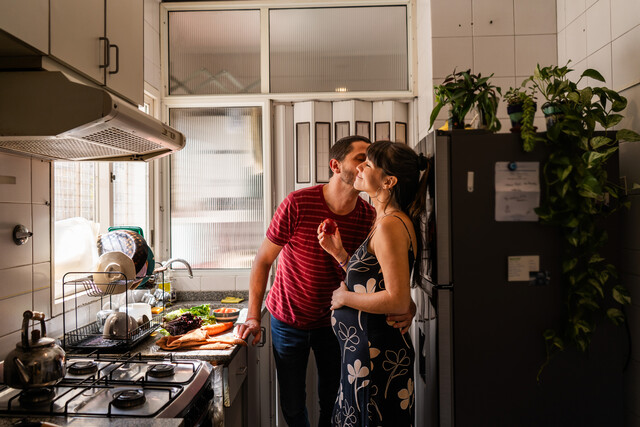
Lifetime Wellness 101
-

Western Calligraphy
-

Floral Arrangement 101
-
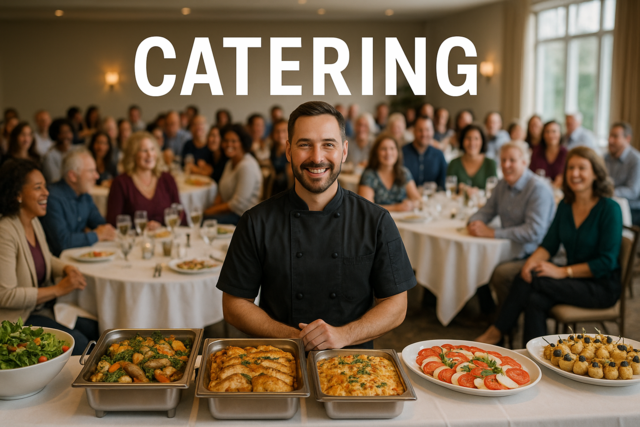
Catering
-
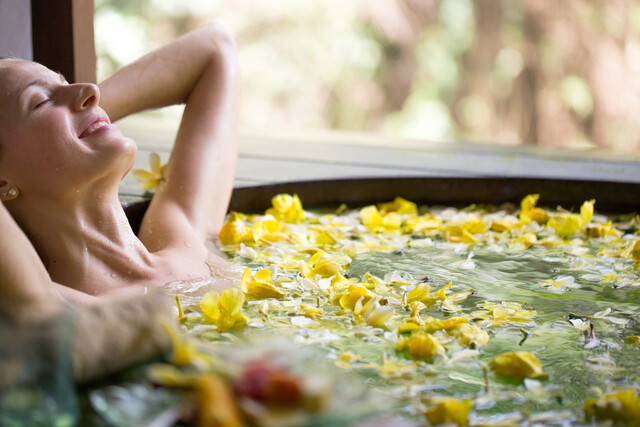
Bathing as Medicine: Therapeutic Bathing Techniques
-
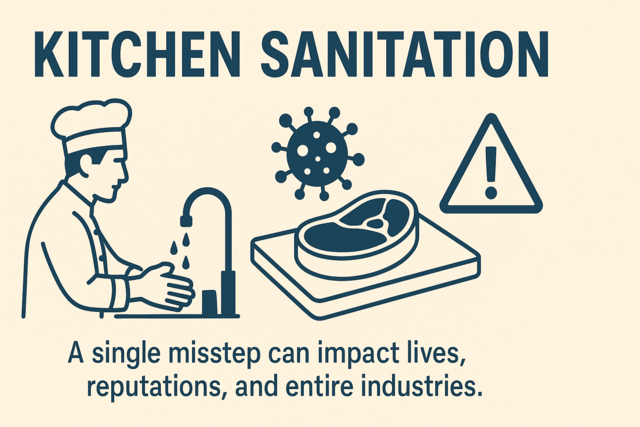
Kitchen Sanitation